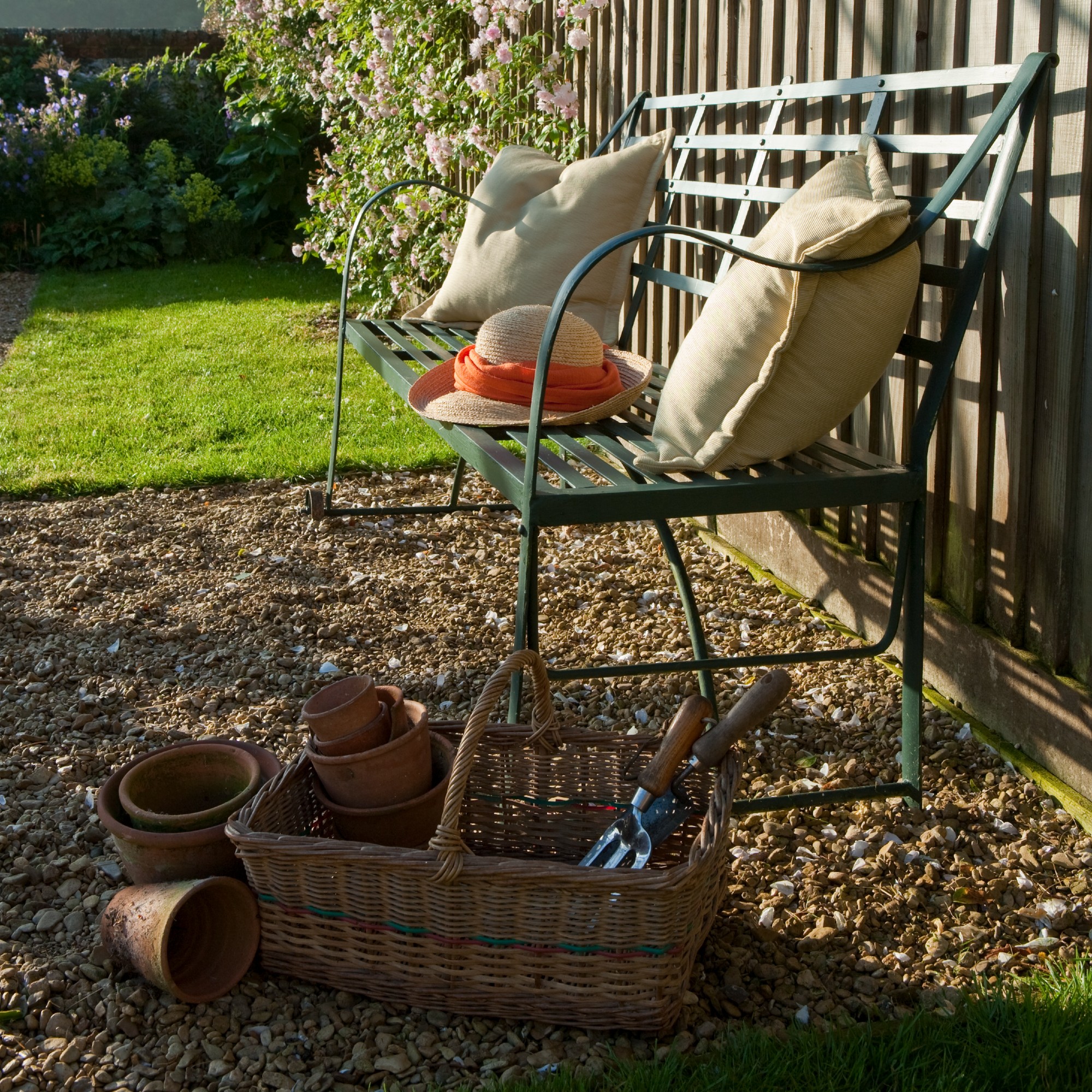
Topsoil vs compost… is there even any difference? After all, they’re both brown and muddy and sold in basically the same packages at the garden centre. However, they’re not as similar as you’d think.
Yes, while you may assume that topsoil and compost are interchangeable, it’s important to understand the difference between topsoil and compost when bringing your garden ideas to life. Use the wrong thing, and you may find that your garden borders are struggling to bloom and your lawn care just isn’t cutting the mustard.
That’s because these two garden essentials are completely different in terms of their nutrients and their uses. That’s why we’ve reached out to experts to help you make the right decision for your garden tasks or risk falling at the first hurdle.
Topsoil vs compost
‘It can be confusing to know what the difference is between topsoil and compost but understanding how to use each will help you to grow a thriving garden,’ explains Morris Hankinson, Director of Hopes Grove Nurseries. Below, we’ve outlined everything you need to know about these two gardening essentials and what they’re used for.
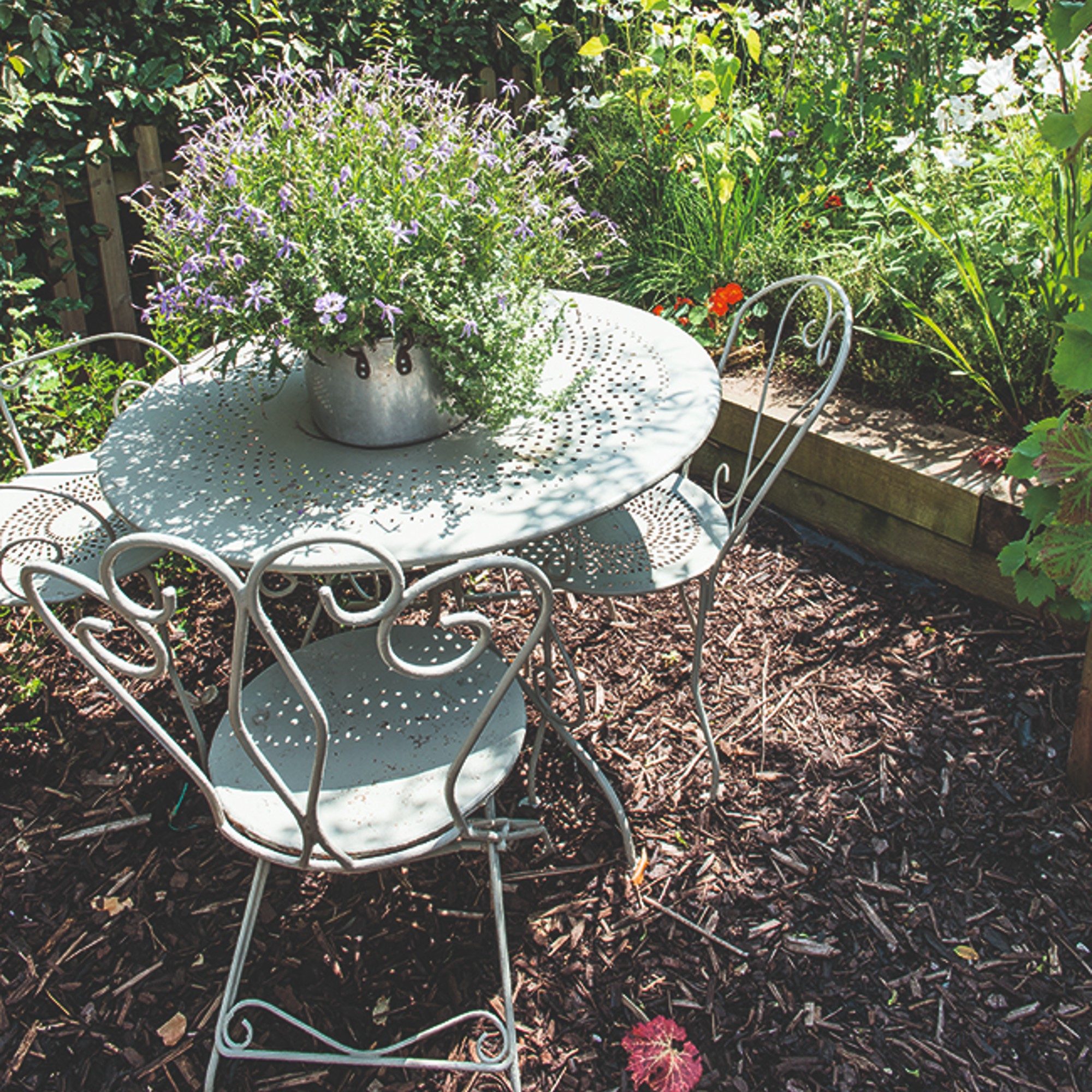
What is topsoil?
When you get down to the nitty-gritty of it all, topsoil does exactly what it says on the tin. And as Morris explains, ‘Topsoil is the top layer of any soil.’
Typically, this topsoil is taken from the top few inches of soil and is normally pretty high in nutrients and organic matter. That’s because most of the Earth’s biological soil activity takes place in these top inches.
However, it’s important to note that not all topsoil is created equally. Morris says, ‘Topsoil being the top layer of soil is nutrient rich but can vary in quality, especially from different suppliers.’
In fact, a large percentage of the topsoil on the market today has been taken from building sites. If it's poor quality, it’s then topped up with more organic matter to increase the nutrient levels.
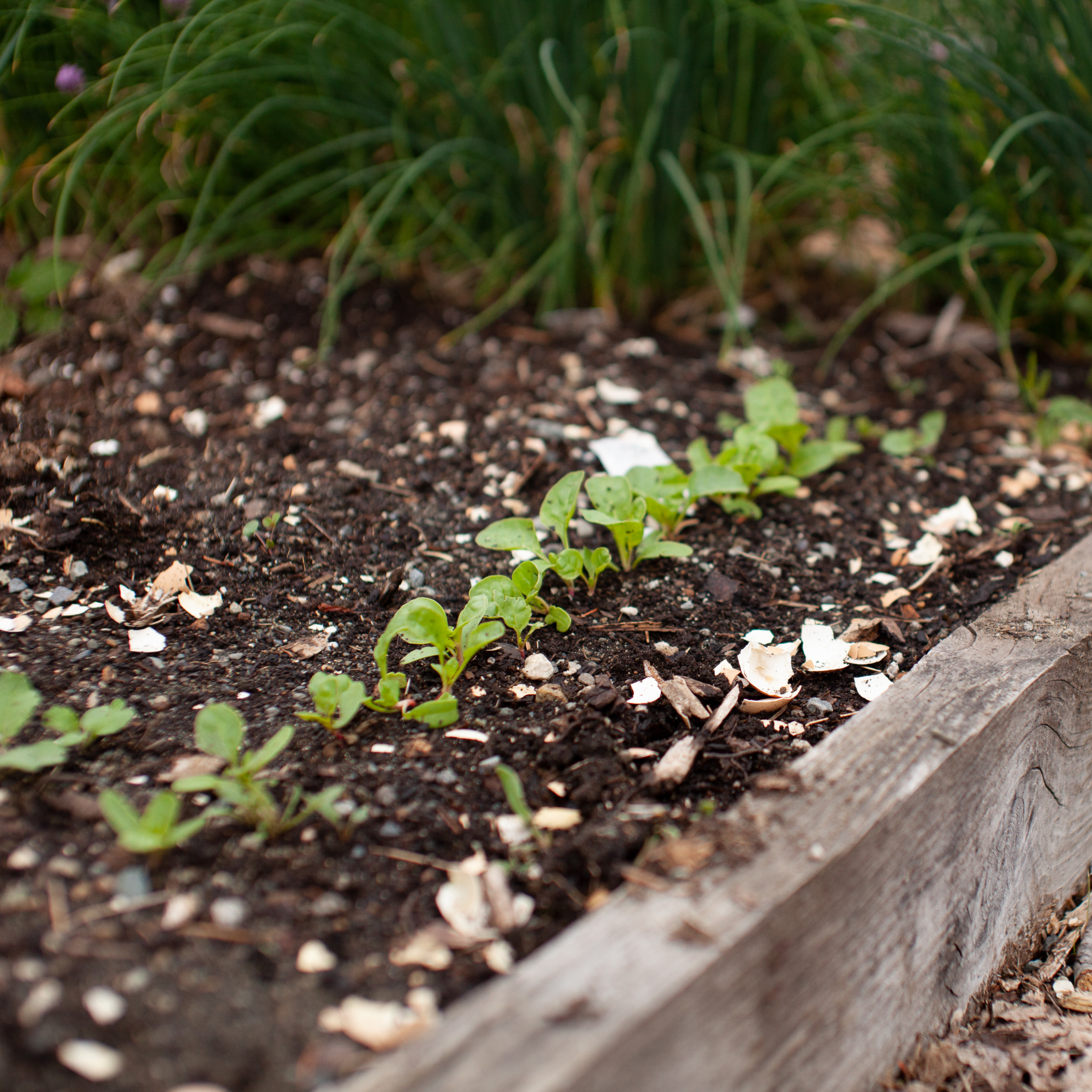
What is topsoil used for?
In the topsoil vs. compost debate, it’s safe to say that topsoil is a more practical, get-your-hands-dirty kind of product.
Kate Turner, Gardening Guru for Miracle-Gro, explains, ‘Topsoil is a loam-based material (loam is the ideal soil structure) with good structure and water holding properties. This makes it ideal for larger gardening projects.’
This includes laying new turf, sprinkling over freshly sown grass seed, filling the lower sections of raised garden beds, and even levelling a lawn.
Because of this, it’s best to avoid using 100% topsoil if you want to feed your flowers or grow your own crops. As Morris says, ‘The downside is that it won’t contain enough nutrients for plants to thrive and will likely be full of weed seeds.’
And nobody wants to spend their weekends getting rid of weeds, right?
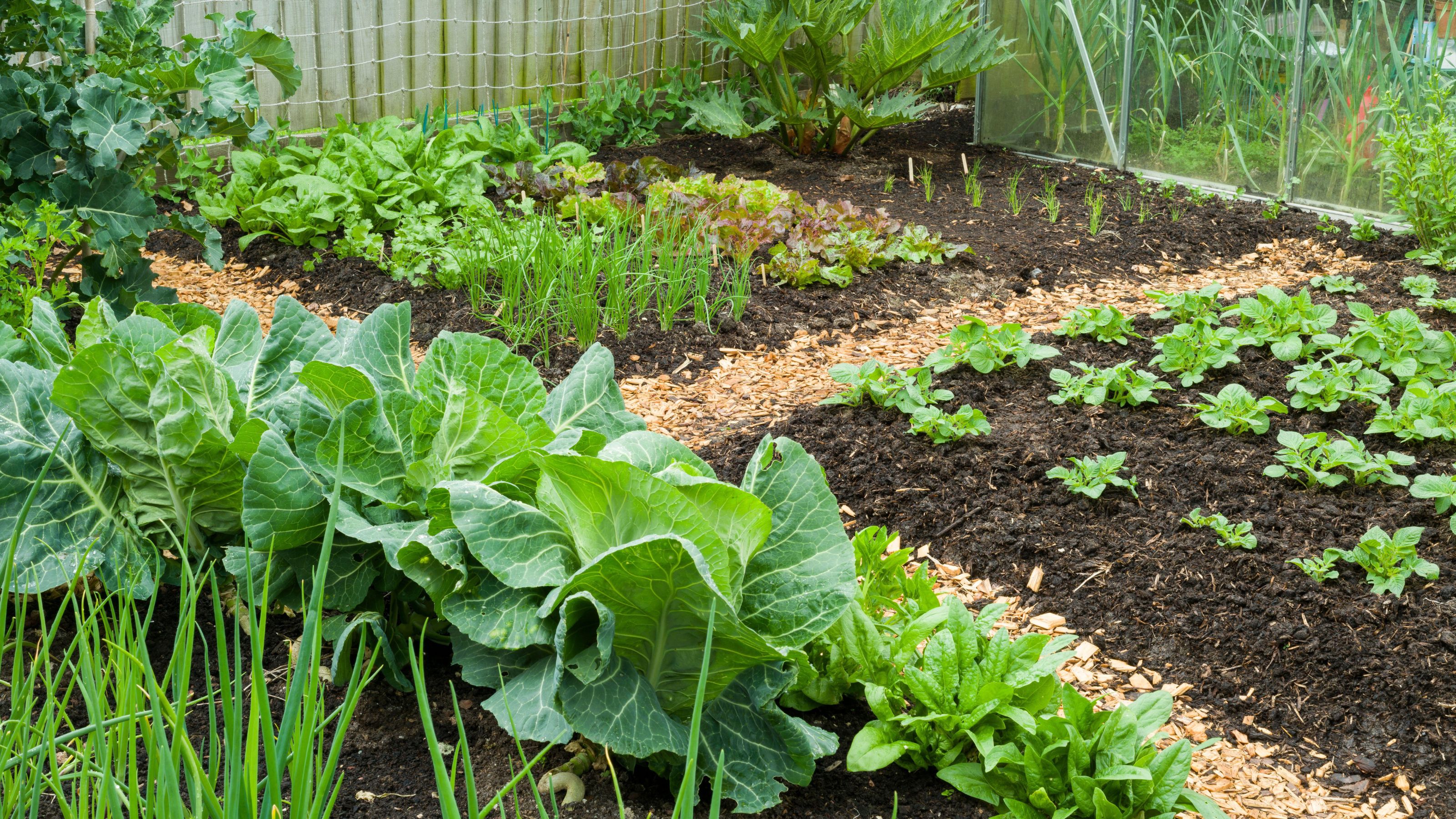
What is compost?
Compost, on the flip side, is more of the natural, organic helping hand around the garden. And while it’s incredibly easy to buy this online or in person, you can also make your own compost.
Morris explains, ‘Compost is decomposed organic matter containing essential nutrients for plant growth. Compost improves soil structure, improves moisture retention and drainage and ultimately helps plants thrive.’
But while you may assume that you can just walk into B&Q and buy any compost, it turns out that there’s a bigger choice to be made.
‘There are many different composts available from homemade to bagged up from a garden centre and general composts to ericaceous (acidic for plants that need a lower pH to grow),’ says Morris. And this is actually the case for acers, as acers prefer ericaceous soil.
‘Nutrients in compost release slowly and therefore supply nutrients to plants throughout the growing season. The compost can then be used with topsoil or alone in containers or by simply raking it into your soil to make improvements,’ finishes Morris.
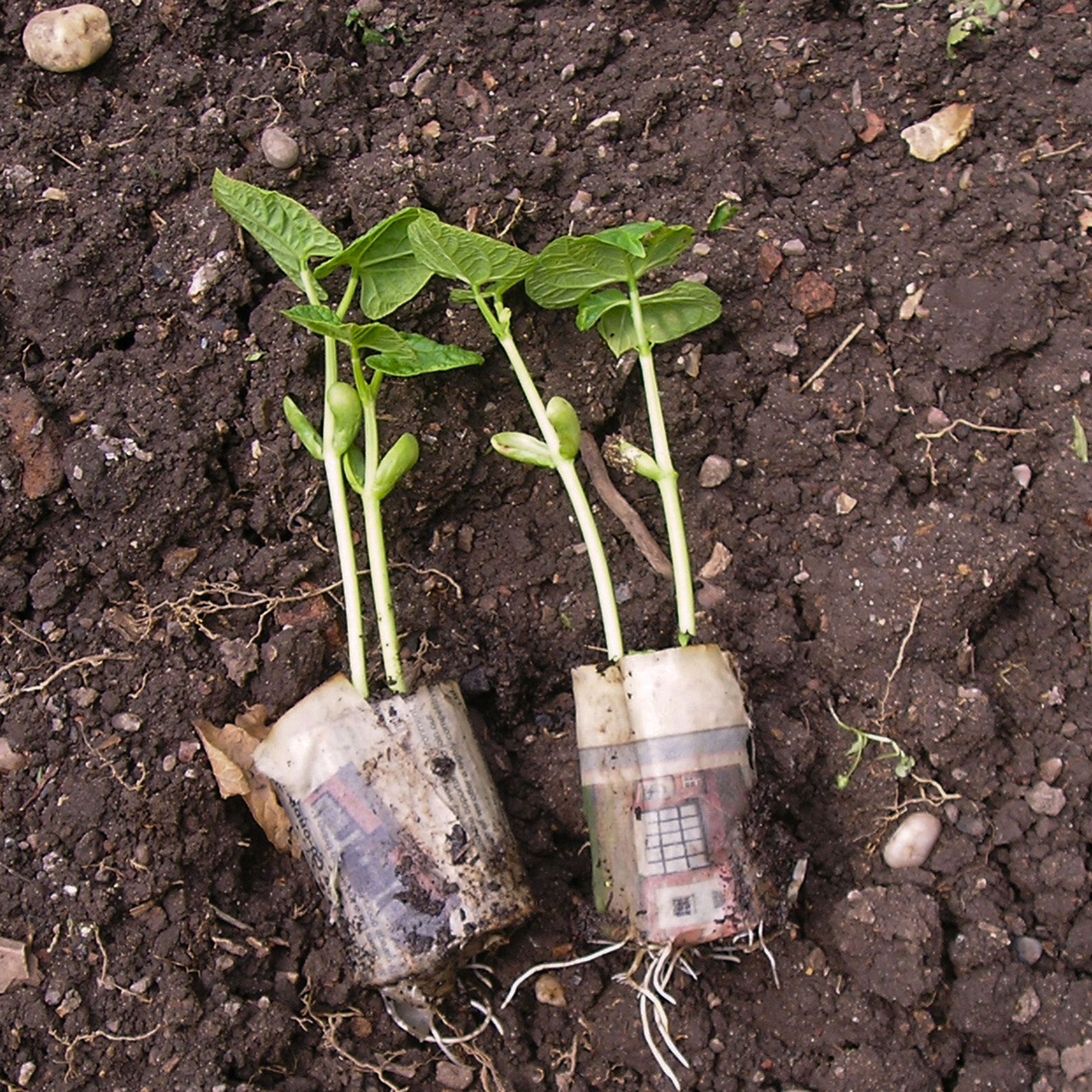
What is compost used for?
Compost is primarily used to help the growth of plants, trees, and crops of all kinds, and experts urge you to use compost whenever you aim to get something out of your garden - whether that be seasonal blooms or fruits and vegetables.
Alongside this, you should always use compost when planting hanging baskets or planting anything in pots as part of your container garden.
And while you probably use potting soil for your seeds and bulbs, there’s no harm in adding some extra compost into the mix, too. This will add even more nutrients and allow for your young plants to grow happily and healthily.
If you’re worried about the quality of your soil, compost can also help you out. John Clifford from Gardenstone explains, ‘Compost works to enhance soil structure, aeration, and water retention. It also aids in disease prevention.’
Of course, compost is still no substitute for aerating your lawn or properly dealing with lawn drainage issues.
FAQs
Can I mix compost and topsoil together?
Although compost and topsoil are two very different products, there’s no doubt about the fact that they can also work very well together.
Kate Turner from Miracle-Gro says, ‘Basically, topsoil is best for larger, general gardening tasks, and bagged compost is best for smaller, more specific projects, but you can also mix the two together and get the best of both worlds!’
Should I top dress my lawn with compost or topsoil?
Ultimately, you could use either compost or topsoil to topdress your lawn. Topsoil is often the cheaper option and considered the most practical, but compost is considered the most natural, nutrient-rich option. Then, you have the fact that you could also use sand.
But most experts would agree that a mixture of all three will result in a happier and healthier lawn. This will help drainage, provide extra nutrients, and just generally help it look better in the long run.
So, in the topsoil vs compost debate, it all depends on what you want to use it for!







